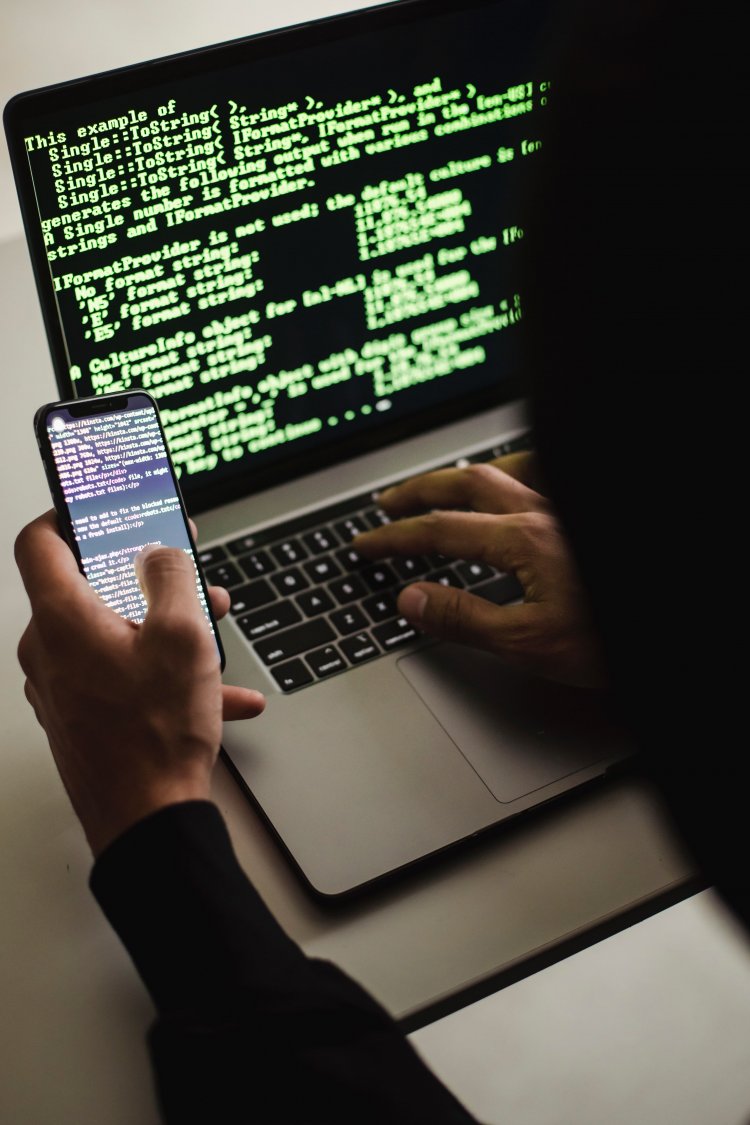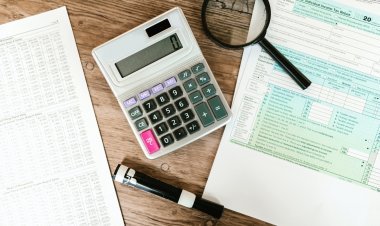Protecting Your Finances: How to Prevent Bank Fraud
Safeguard your wealth and financial security with expert insights on preventing bank fraud. Learn essential tips and strategies to protect your finances in this comprehensive guide.

Protecting Your Finances: How to Prevent Bank Fraud
Introduction
In today's digital age, bank fraud has become increasingly sophisticated, making it essential for individuals to take proactive measures to safeguard their financial assets. This blog will provide you with valuable insights and practical tips to prevent bank fraud and protect your hard-earned money.
- Keep Personal Information Secure
One of the primary ways fraudsters gain access to your bank accounts is by stealing your personal information. To prevent this, follow these guidelines:
-
Protect your PIN and passwords: Never share your personal identification numbers (PINs) or online banking passwords with anyone. Use complex passwords that combine letters, numbers, and symbols.
-
Beware of phishing scams: Be cautious about clicking on links or downloading attachments from unsolicited emails. Scammers often impersonate banks or other trusted organizations to steal your login credentials.
-
Shred sensitive documents: Dispose of old bank statements, credit card offers, and financial documents by shredding them. Thieves can use these papers to gather information about you.
- Regularly Monitor Your Accounts
Frequent monitoring of your bank accounts is crucial for detecting any suspicious activity. Here's what you should do:
-
Review your statements: Check your bank and credit card statements regularly for any unauthorized transactions. Report discrepancies immediately to your bank.
-
Set up account alerts: Many banks offer email or text alerts for various account activities, such as large withdrawals or low balances. Take advantage of these alerts to stay informed.
- Use Secure Banking Technology
Banking technology can be a valuable ally in preventing fraud:
-
Enable multi-factor authentication: Many banks now offer multi-factor authentication (MFA), which adds an extra layer of security to your online accounts. Enable MFA whenever possible.
-
Update your software: Keep your computer, smartphone, and banking apps up to date. Security patches and updates often address vulnerabilities that fraudsters exploit.
- Be Cautious with ATMs and Card Readers
Skimming devices placed on ATMs and card readers can capture your card information. Protect yourself by:
-
Inspect the card reader: Before using an ATM or card reader, check for any unusual attachments, loose components, or anything that looks out of place. If you're unsure, use a different machine.
-
Cover your PIN: When entering your PIN at an ATM or card terminal, shield the keypad from view to prevent anyone from observing your code.
- Be Wary of Social Engineering
Fraudsters might attempt to trick you into revealing sensitive information:
-
Verify the caller: If you receive a call from someone claiming to be your bank or another financial institution, hang up and call the official number listed on your bank's website to verify the request.
-
Be cautious online: Be skeptical of friend requests or messages from unfamiliar individuals on social media platforms. Cybercriminals often use these avenues to gather information.
Conclusion
Bank fraud can have serious financial and emotional consequences, but with the right precautions, you can reduce the risk of falling victim to it. By keeping your personal information secure, monitoring your accounts, using secure banking technology, being cautious with ATMs, and avoiding social engineering tactics, you can protect your finances and enjoy greater peace of mind in your digital banking transactions. Stay vigilant and proactive, and you'll be well on your way to preventing bank fraud.



























